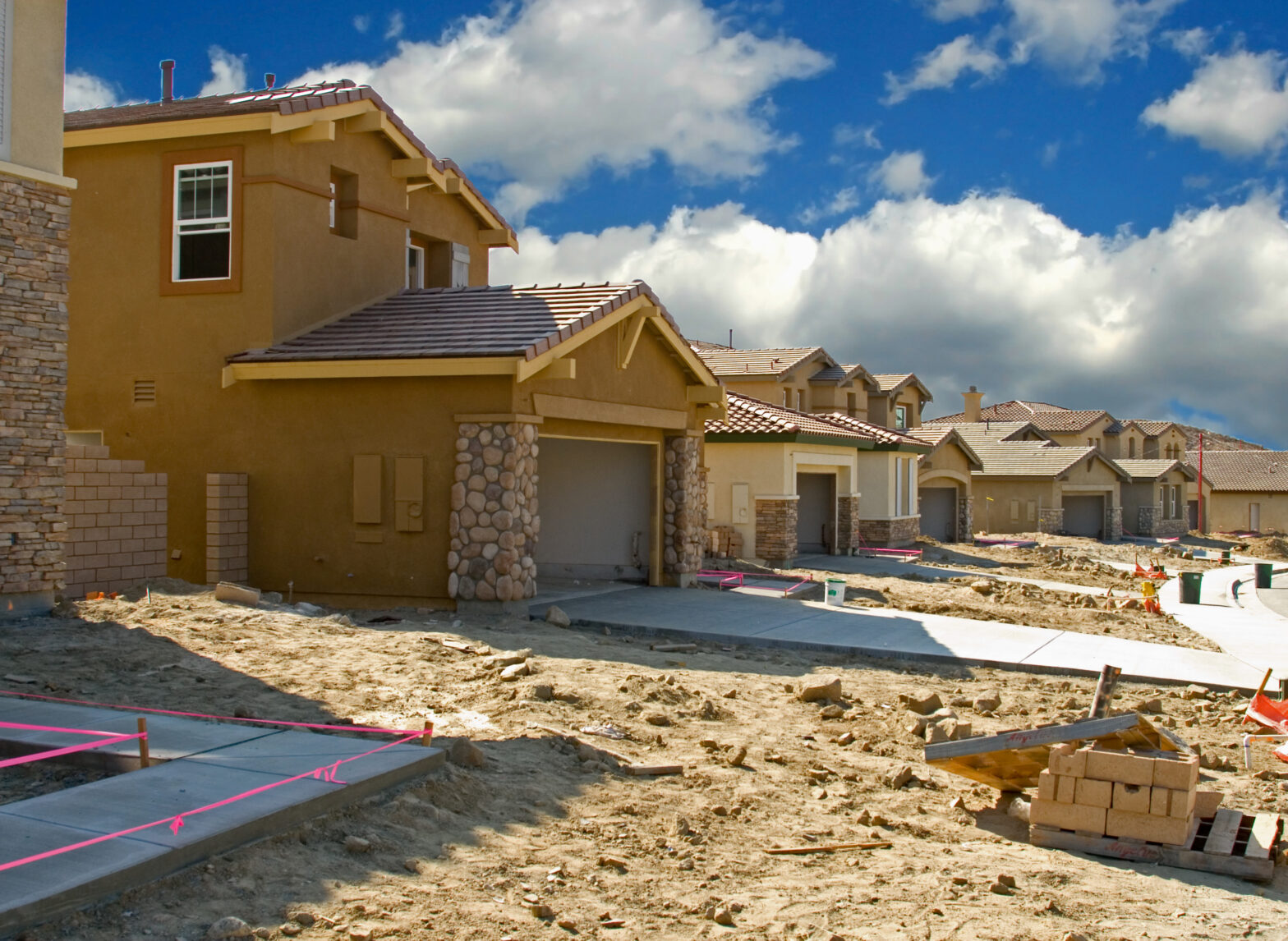Is now the best time to remortgage?
It’s hard to watch the news these days without mention of the cost of living crisis and the associated squeeze in household budgets. And there’s no sign of a let up just yet. So as energy costs and food prices rise, is now the right time to remortgage? Or would it pay to wait?
Following reports of inflation hitting 10.7% in the year to November 2022 and forecasts that energy bills will rise over £4,400 next April, the misery of trying to make salaries and outgoings balance is set to continue well into 2023.
But the Bank of England are doing what they can to help. In order to try to calm these spiralling costs and inflation, the BOE has been raising their base rate gradually, across successive months to try to bring stability.
However, while a base rate rise can be positive for those with savings, millions of people with loans and mortgages will see their interest rates begin to rise, as lenders pass on increased costs to them. If you have an interest-only or tracker mortgage, your rate will have already risen. While, those on fixed rate mortgages won’t notice until they come to the end of their deal and find the options for a new deal are considerably more expensive.
The key to saving money is to remortgage at the right time to guard against further interest rate rises. The Financial Conduct Authority suggests homeowners consider remortgaging now. “Given the rising cost of living, it’s important that borrowers consider their options and switch if they can where it meets their needs and circumstances, and saves them money.”
So why not book in for a remortgaging review with us to see whether you could save money by switching?
Would you benefit from remortgaging?
In their statement, dated August, the FCA revealed that “around 110,000 people could save less than £500 a year for two years, 110,000 people could save between £500-£1,000 a year for two years if they remortgaged off their standard variable rate.” Of course, not everyone would benefit in the same way, but if you’re nearing the end of your loan term, it’s certainly worth asking the question.
What lots of homeowners don’t realise, is that they can arrange a remortgage any time during the last six months of their current deal. This means more control over when to switch and potential savings to be had.
At the end of your fixed rate deal your loan will revert to the Standard Variable Rate (SVR). This will always be a higher rate than you fixed at, meaning your monthly repayments will rise. Which means in almost all circumstances it’s better to remortgage than to revert to SVR.
You don’t even need to wait until the last six months, you can remortgage at any time. Yes, repayment charges may apply, but in some instances it makes sense financially to switch anyway. A qualified mortgage advisor will be able to help you work out the best time and the best deal for your individual circumstances.
Get advice from the experts
With cost of living rises and energy increases it can feel impossible to keep control of your finances at the moment. But one thing you can do is make sure there is certainty and stability around your mortgage payments.
Consider remortgaging to a fixed rate to protect from further interest rate rises and you’ll at least have certainty around one large element of your outgoings.
Let our mortgage advisers help you through the process. We can help you to work out if there is a better deal available that the one you are on at the moment. And we won’t even charge you a fee for the investigation and advice.
Is now is the best time for you to remortgage? Get in touch today to find out.
*You may have to pay an early repayment charge to your existing lender if you remortgage.
*Your home may be repossessed if you do not keep up repayments on your mortgage.




